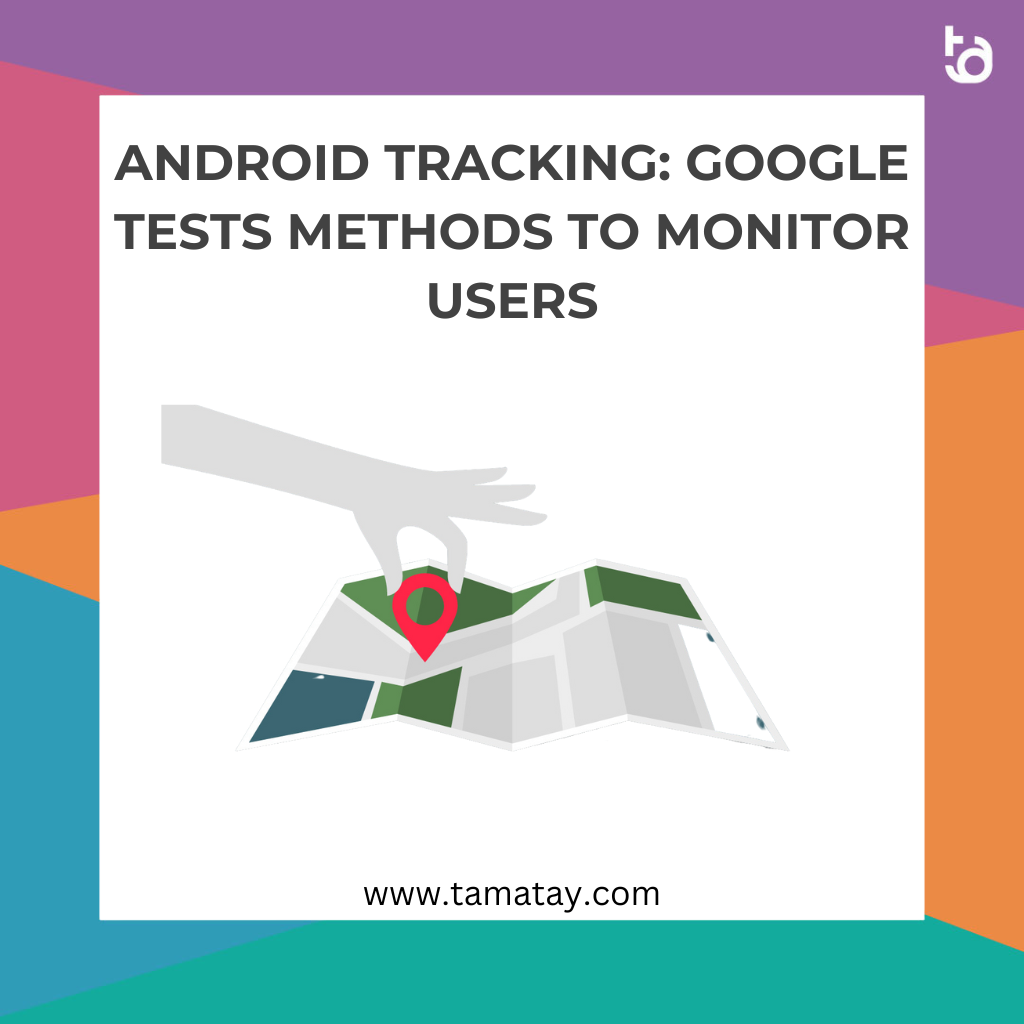Google, the world’s largest technology company, has recently come under fire for testing ways to allow Android apps to track users’ location. Google had been testing the ability for Android apps to access user location data without the user’s knowledge, prompting a flurry of criticism from both privacy advocates and users alike.
However, Google has clarified that the new technology does not actually allow for the tracking of a user’s location. Instead, it uses Bluetooth and WIFI signals to provide location data to apps that need it. So, while users can be tracked, it isn’t on a persistent basis.
Google has stated that this is all part of an effort to improve the user experience on Android devices by providing developers with more data to work with. The technology was being tested in partnership with Google’s Android app developers, and will be available in the near future.
Here’s what Google has to say about the new technology:
“We’re testing ways to help developers access device location information in a privacy-sensitive way. This technology is in its early stages, and we don’t have plans to roll it out yet. But we believe this technology could help developers access more accurate location information, which could lead to improved experiences for Android users.”
At face value, this technology could be a great way for developers to access more accurate location data for their apps, leading to improved user experiences. However, many privacy advocates and users are concerned about the potential for misuse, as the technology can be used to track users without their knowledge.
That said, Google has taken some measures to ensure that the data is used responsibly. For starters, the location data is anonymised, meaning that developers cannot track individual users. In addition, the technology is opt-in, meaning that users will have to agree to the use of location data before any apps are able to access it.
Google has also put in place a number of safety measures, such as only allowing the technology to be used with apps that have a minimum threshold of user engagement, and requiring app developers to have appropriate permissions when collecting location data.
At the end of the day, this new technology is a great example of how Google is continuing to innovate and improve the user experience on Android devices. By allowing developers to access more accurate location data, users can benefit from improved app experiences. Of course, it’s important to ensure that the data is used responsibly, and Google has taken steps to ensure that this is the case.
In summary, Google is testing ways to allow Android apps to access users’ location data in a privacy-sensitive way. This technology could lead to improved app experiences, but it’s important to ensure that the data is used responsibly. Google has taken steps to ensure that this is the case, and the technology is opt-in and anonymised. Ultimately, this is a great example of how Google is working to improve the user experience on Android devices.







